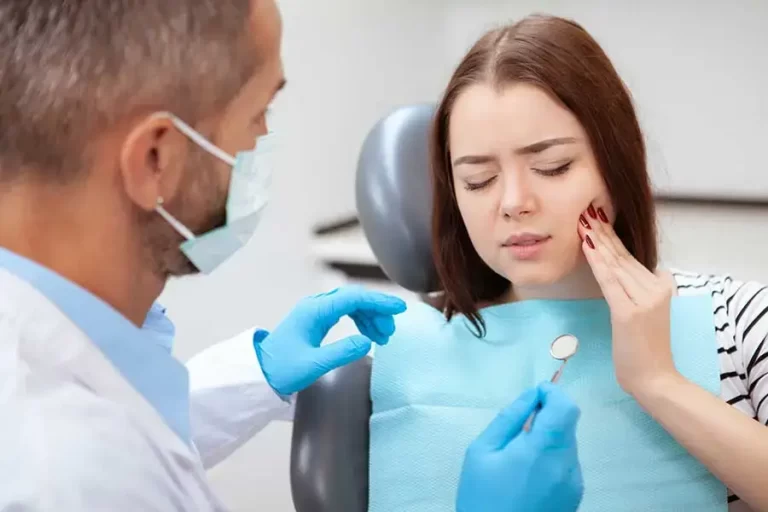The best way to prevent a dental emergency is to practice good oral hygiene habits. Oftentimes, poor dental hygiene leads to tooth decay and gum disease. Both of these conditions can cause you pain if you don’t receive treatment as soon as possible. So, make sure you visit your dentist regularly for checkups and cleanings. Also, be sure to brush your teeth at least twice a day and floss daily. Brushing and flossing your teeth removes plaque buildup from your teeth and prevents them from hardening onto your teeth and causing decay. After brushing and flossing, use an antiseptic mouthwash to kill any lingering bacteria and improve your breath.
You can also prevent a dental emergency by wearing a mouthguard when you play sports or engage in activities that could cause injury to your jaw. A mouthguard will keep your teeth and jaw safe during these activities. Lastly, make sure to use scissors and not your teeth to open packages, such as plastic packaging around a new toothbrush. Using scissors over your teeth can lead to chipped or broken teeth. To learn more ways to prevent dental emergencies, speak with your dental care provider at your next appointment.
If you experience a dental emergency, such as a knocked-out tooth, broken tooth, or severe toothache, then contact your dentist right away. If you ignore a dental emergency or try to self-medicate your pain at home, your symptoms could worsen and become permanent. Luckily, if treated quickly, most dental emergencies are temporary and can be corrected with restorative dentistry treatments.
In case of a dental emergency, walk into our Kennedy Heights Dental Centre office at 11960 88 Ave, Delta, BC V4C 3C8. You can also reach us at 778-438-2084 .


